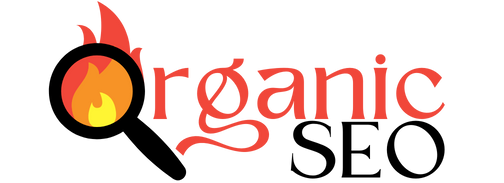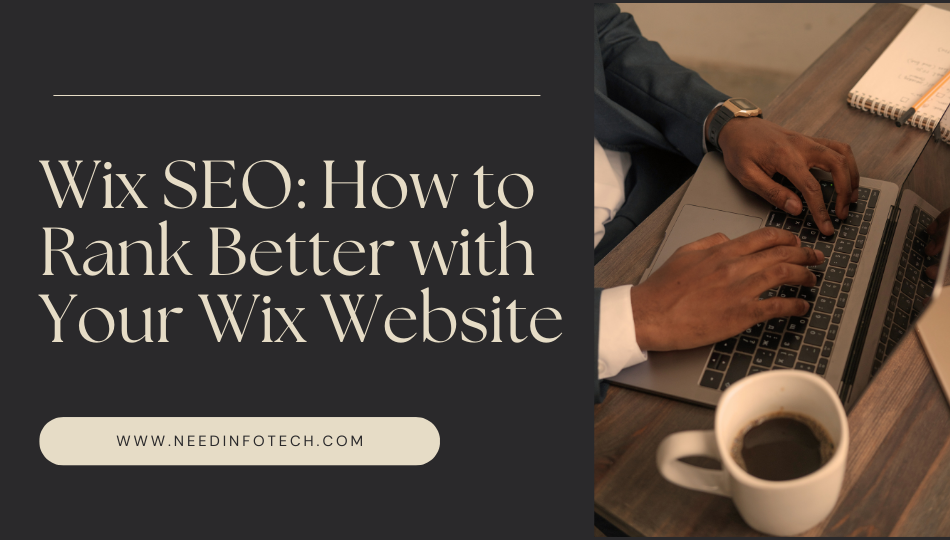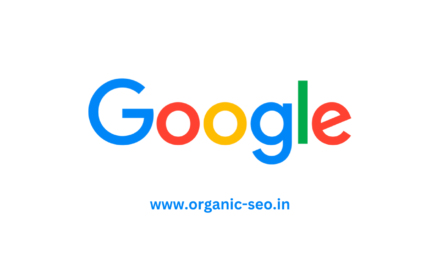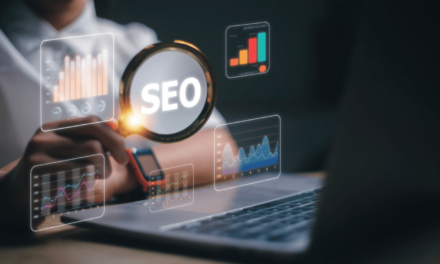In today’s digital landscape, having a well-optimized website is essential for driving organic traffic and achieving online success. With countless websites vying for attention, it’s crucial to implement effective SEO strategies that can help your website outrank the competition. If you’re using Wix as your website builder, this comprehensive guide will walk you through the key steps to boost your website’s visibility in search engine results pages (SERPs) and position yourself as a top contender in your industry.
Understanding the Importance of Wix SEO
Wix has gained immense popularity due to its user-friendly interface and robust features. However, like any other website builder, Wix requires proper optimization to ensure search engines can crawl, understand, and index your content effectively. By optimizing your Wix website for SEO, you can increase its visibility, attract more organic traffic, and drive valuable leads and conversions.
1. Conducting Thorough Keyword Research
Keyword research serves as the foundation for successful SEO campaigns. Begin by identifying the primary keywords that are relevant to your business and align with your target audience’s search intent. Utilize keyword research tools such as Google Keyword Planner, SEMrush, or Ahrefs to discover high-volume, low-competition keywords that can drive targeted traffic to your website.
2. Crafting Engaging and Optimized Content
Content is king, and providing valuable, unique, and relevant content is essential for effective Wix SEO. Aim to create comprehensive articles, blog posts, and landing pages that address the needs and pain points of your target audience. Ensure your content is well-structured, easy to read, and incorporates your target keywords naturally.
3. Optimizing On-Page Elements
Wix offers a range of built-in SEO features that allow you to optimize on-page elements effortlessly. Pay close attention to the following areas:
a. Title Tags and Meta Descriptions
Craft compelling title tags and meta descriptions that accurately represent the content on each page. Incorporate your target keywords naturally while ensuring your titles and descriptions are enticing and click-worthy.
b. Heading Tags
Use appropriate heading tags (H1, H2, H3, etc.) to structure your content effectively. Include your primary keywords in the headings to provide search engines with a clear understanding of the page’s main topics.
c. Image Optimization
Optimize your images by adding descriptive alt tags that contain relevant keywords. Compress the image files to ensure fast loading times, which is a crucial factor for both user experience and search engine rankings.
4. Enhancing Website Speed and Performance
In the fast-paced online world, website speed plays a vital role in user satisfaction and search engine rankings. Optimize your Wix website for speed by:
a. Compressing Images and Videos
Reduce the file sizes of images and videos without compromising their quality. This can be done using various online tools or by leveraging Wix’s built-in optimization features.
b. Enabling Caching
Leverage browser caching to store static website files on users’ devices, enabling faster page load times for returning visitors.
c. Minifying CSS and JavaScript
Minify your website’s CSS and JavaScript files to remove unnecessary characters, spaces, and line breaks. This reduces file sizes and improves load times.
5. Building High-Quality Backlinks
Earning high-quality backlinks from reputable websites is a crucial element of off-page SEO. Create compelling, shareable content that naturally attracts backlinks from authoritative sources in your industry. Engage in influencer outreach, guest blogging, and social media promotion to expand your website’s reach and earn valuable backlinks.
6. Leveraging Social Media and Content Promotion
In today’s interconnected world, social media plays a significant role in SEO. Amplify your content’s reach by sharing it on various social media platforms, engaging with your audience, and encouraging social sharing. This helps increase brand visibility, attract more traffic, and boost your website’s authority.
7. Monitoring, Analyzing, and Adapting
SEO is an ongoing process, and it’s crucial to monitor and analyze your website’s performance regularly. Utilize tools like Google Analytics and Google Search Console to track key metrics, identify areas for improvement, and adapt your SEO strategy accordingly.
By implementing these advanced Wix SEO techniques, you can enhance your website’s visibility, outrank competitors, and attract a steady stream of organic traffic. Remember, SEO is a long-term investment, and consistent effort is required to achieve and maintain top rankings.





